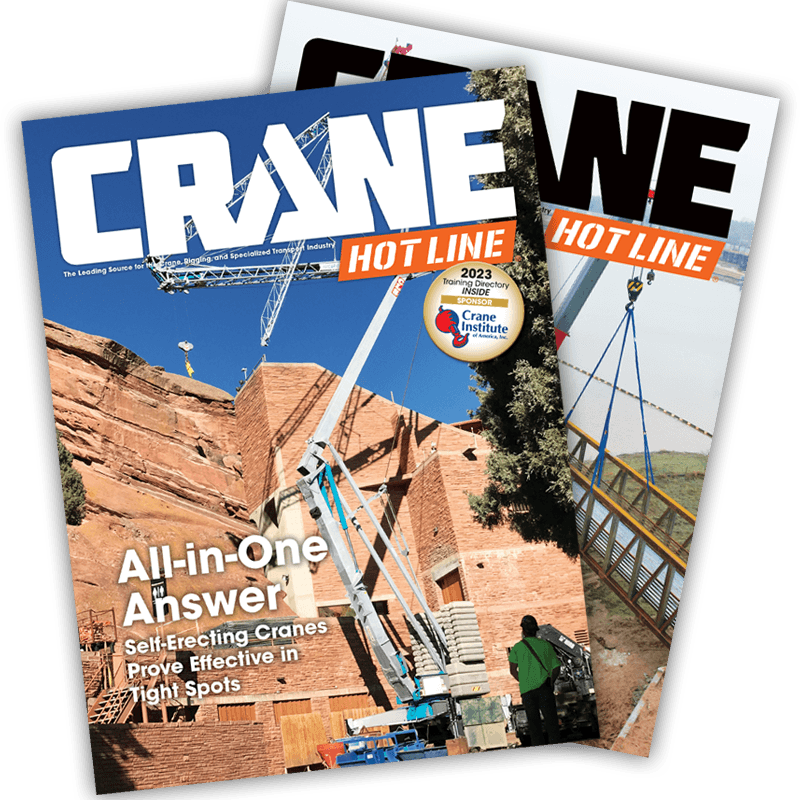Individual Accountability
News of this ruling, which is the highest fine ever issued in Alberta to an employee for a workplace accident, stopped me short. While it obviously has important implications for future rulings in Canadian courts, it also contains great moral lessons from which we can all learn.
According to a March 31 article in The Edmonton Journal , the foreman and the crew member were both on a scissor lift putting up siding on an apartment building when the accident happened in November 2002 at a job site in Ponoka , Alberta . A second crew member had earlier refused to get on the lift because of nearby power lines. In addition, the foreman ignored electrical hazard warnings posted on the machine. When the crew member tried to untangle a neutral wire caught under the scissor lift, he came into contact with a live overhead power line.
In addition to the $10,000 fine, the foreman was ordered to pay $1,500 toward a fund for crime victims. Charges against the drywall company for which the foreman worked were dropped.
According to Tamara Trull, the special prosecutor for Occupational Heath and Safety Act violations who handled the case, a director or primary shareholder of a company has been sentenced to this amount before, but never has an employee been held accountable to such a degree. "This type of fine is unusual for Alberta , but only because the circumstances do not often present themselves-not because we are reluctant to charge individual employees," said Trull in an interview with Lift and Access 360. In this case, "The level of negligence by the [foreman] warranted such a severe fine."
She explains: "The employee was in a supervisory position; a worker alerted the crew of the hazard and removed himself from the situation. Another worker also alerted the crew of the hazard. The neutral line made contact with the scissor lift a number of times before the accident occurred. The [foreman] instructed members of his crew to move the neutral line. He was aware of the overhead power line. He did not assess the seriousness of the hazard or take appropriate measures to control it. He failed to follow instructions and warnings of electrical hazards posted on the scissor lift and ignored the warnings given by other workers. This was a case of gross negligence."
U.S. equipment owners should be familiar with the ANSI standards and, in particular, the responsibilities outlined in A92.6-1999 for scissor lift users, owners, operators, and others in the Manual of Responsibility. What's more, OSHA's incorporation by reference of this voluntary standard, places increased importance on the document. I'm afraid, however, that in our "deep pockets" legal system, the burden of safety more often falls on the employer and even the manufacturer of the equipment.
The ruling in Alberta grabbed my attention because here was a case where accountability was placed at the most local level. We don't know the details of this foreman's work record-whether he had a history of poor safety decisions or if he was just having a bad day. But the lesson for each of us is one of individual responsibility and accountability.
We blather on about the importance of companies having a good safety culture, but the reality is that safety is a two-way street. Employers must set high standards for safety, which are not to be undermined for the sake of profit. Meanwhile, employees have to be given the power to enforce safe practices and be rewarded for doing so. But the flip side is that every individual on a job ought to be held accountable for making bad choices.
Certain lines of work just don't allow for mistakes. Doctors come to mind. I would argue the same is true for those of you in construction. Whether you are an engineer, a specialty trade laborer, a fleet manager, or crane operator-you have an important job with undue risks. Just for a moment, put yourself in the shoes of the Canadian foreman. What if this had been you?

